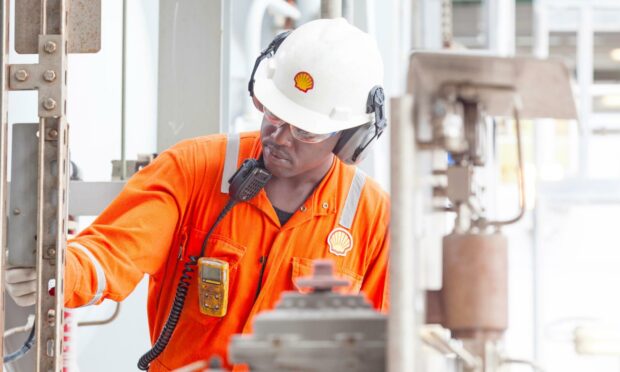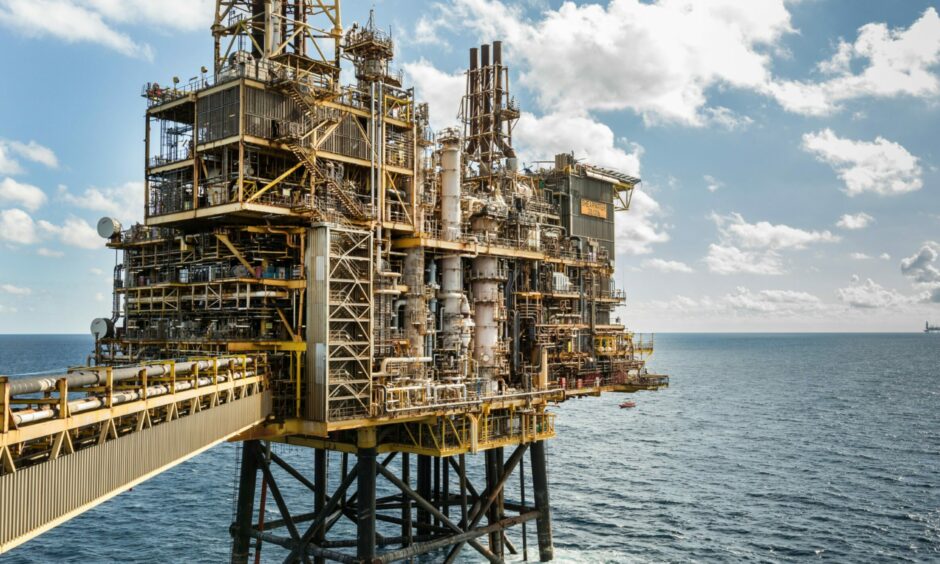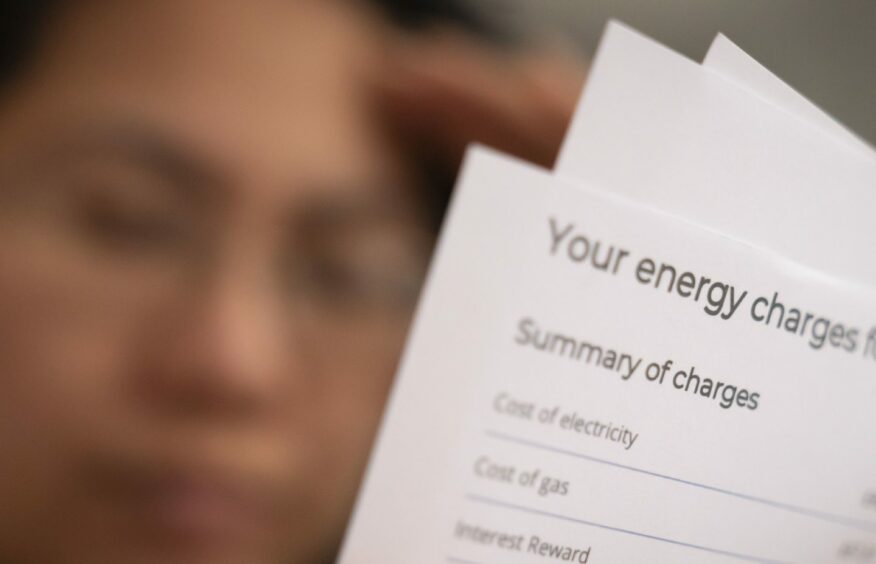Shares in energy giant jumped 3% after it said it will reverse previous write-offs worth up to £3.8 billion this quarter.
The decision was prompted by soaring commodity prices, with global benchmark Brent oil reaching $133.18 per barrel earlier this year.
Shell expects to reverse post-tax impairments of between £2.9 billion and £3.8bn, based on what it thinks it will be paid for its oil and gas over the coming years.
The FTSE 100 company told shareholders: “Shell has revised its mid and long-term oil and gas commodity prices, reflecting the current macroeconomic environment as well as updated energy market demand and supply fundamentals.
“This resulted in a review of Shell’s upstream and integrated gas previously impaired assets.”
Better-than-expected output
Shell – whose shares were worth £20.39 at the London market close – also said it will likely report it produced more gas than expected in the second quarter of this year.
It told investors in a trading update it expects Q2 results later this month to show output of between 930,000 and 980,000 barrels of oil equivalent (boe) per day from its integrated gas operations.
Shell’s previous estimate – released in May – was for between 910,000 and 960,000 boe per day.
The company also upgraded production from its upstream operations.
It was previously expected this would fall from the levels seen in the first quarter due to maintenance in the Gulf of Mexico.
The likely range has narrowed from between 1.75 million and 1.95m boe per day to 1.85m-1.95m.
Shell is one of many energy companies around the world that has benefited from rising energy prices over the past year.
The price of gas has beaten previous records several times this year.
But commodity price rises have put pressure on customers, pushing up UK household energy bills by 54% in April to just under £2,000 for the typical home.
This is expected to jump further to around £3,000 in October when the price cap on energy bills is changed again.
Meanwhile, Shell confirmed a share buyback programme worth more than £7bn announced for the first half of 2022 was completed on Tuesday.



Conversation